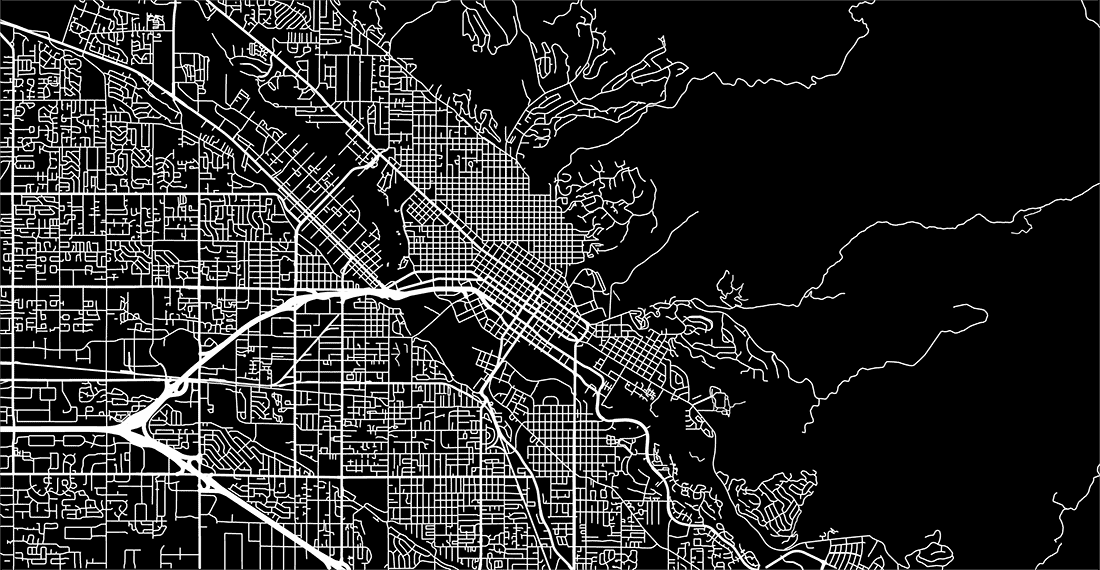


At the beginning of each year, 105 elected representatives gather in Idaho’s Capitol building to pass new laws governing Idahoans’ daily lives. This gathering is called Idaho’s legislative session. The 2020 legislative session was cut short by the COVID-19 pandemic, but lawmakers still managed to pass 232 laws (not including appropriations) — ranging from tiny technical corrections to brand new sections of Idaho Code.
Many of these laws have a built-in effective date of July 1, meaning they become enforceable starting just a few months after the governor approves them as the new law of the land. This year, one law that will go into effect July 1 is a reform of city-level elections.
Under a new Idaho law, city council members will have to be elected by districts, if the city has a population of 100,000 or more. This would replace the current approach, in which each council member is put in office by voters across the city. As of right now, Boise is the only of Idaho’s 200 cities affected by this law but, because 2020 is a census year, cities like Meridian and Nampa may also be affected. And even though this law goes into effect July 1, 2020, city districts will not have to be set up until 2021 — which is the next year for city council elections.
According to the law, city council districts have to be established 120 days before the next general election (in 2021). Thus, the district lines will have to be drawn by July 2021 — roughly around Independence Day.
City council districts will be based on existing voting precincts. The number of districts will directly correspond to the number of city council members. Candidates for city council positions will only be able to run in the district they live in, and only voters who reside in that same district will be able to cast their vote for or against that candidate.


